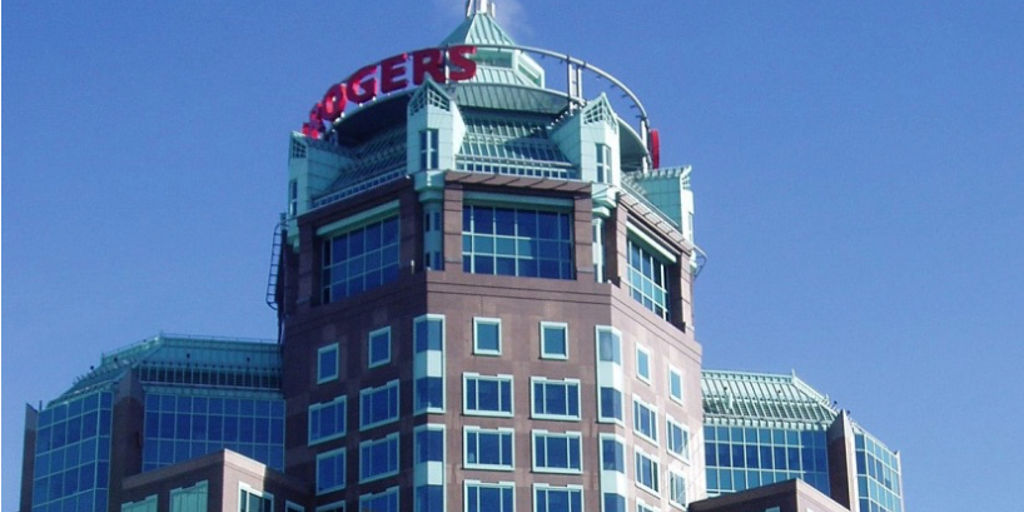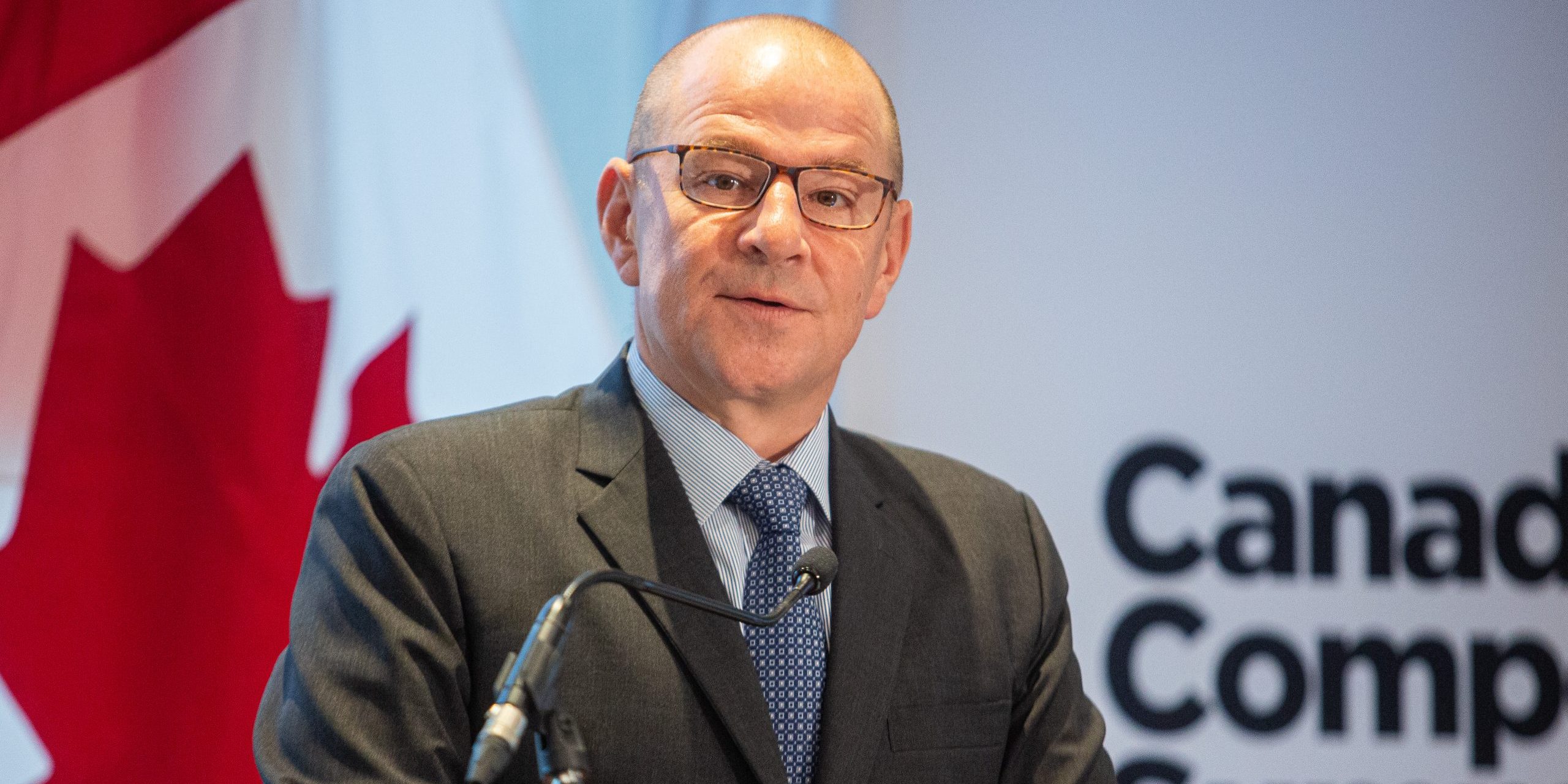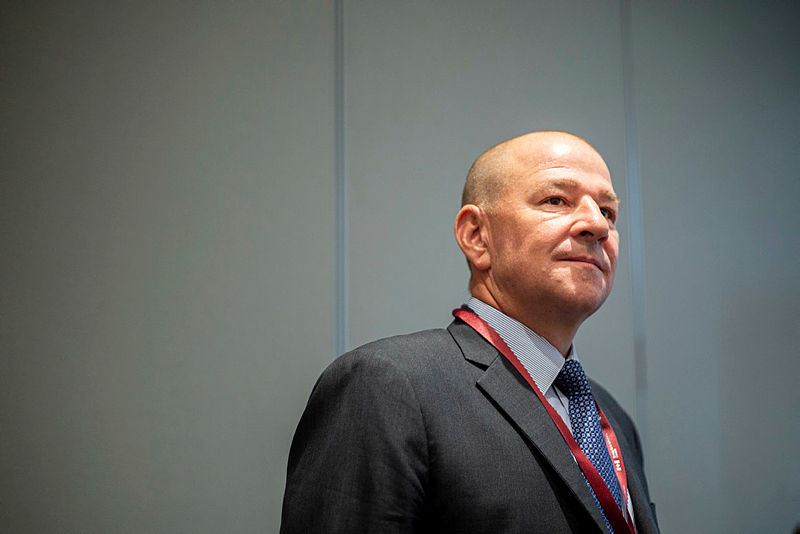
UPDATED: Rogers comes out victorious in competition challenge over Shaw buyout
Broadcast | December 30, 2022
Canada’s Competition Tribunal is dismissing the Commissioner of Competition’s application to block Rogers Communications Inc.’s takeover of Shaw Communications Inc.
The tribunal released its summary decision late-Thursday evening, removing the last barrier in the $26 billion deal.
The core issue in the proceeding was whether or not the plan to sell Shaw’s main wireless brand to Quebecor Inc.’s Videotron is good enough to maintain a competitive market.
“It bears underscoring that there will continue to be four strong competitors in the wireless markets in Alberta and British Columbia,” the tribunal wrote, referring to BCE Inc., Telus Corp., Rogers and Videotron.
“Videotron’s entry into those markets will likely ensure that competition and innovation remain robust. Among other things, Videotron has a proven record of aggressive pricing and innovation in Quebec and parts of Eastern Ontario.”
“The Tribunal has concluded that the evidence establishes that the bundled offerings of Freedom and VMedia will likely be priced at a level that is at least as competitive as the level at which the bundled offerings of Shaw Mobile and Freedom likely would have been priced in the absence of the merger,” the summary decision reads.
In a joint statement released in the early hours of Friday morning, the Shaw and Rogers wrote that “we are pleased with the favourable decision from the Competition Tribunal and thank the Tribunal members for their work in rendering a swift decision. ”
“We look forward to reviewing the details of the decision and working with the Minister of Innovation, Science and Industry so we can clear the final regulatory hurdle to close these transactions,” the joint statement read.
The tribunal will issue a public version of its full decision within approximately 48 hours, it noted. Commissioner of Competition Matthew Boswell said the Competition Bureau is considering its next steps and that he is disappointed with Thursday’s developments.
In releasing its decision in the final days of the 2022 calendar year, the Competition Tribunal acceded to the request of Rogers for an expedited decision in order to save the company from having to pay some $260 million in fees to bondholders on Jan. 9.
Competitive Network Operators of Canada (CNOC) executive director and general counsel Geoff White told the Wire Report that the remonopolization of Canada’s telecommunications sector will continue “full steam ahead” unless the CRTC – which is now working under a new chair with a new policy direction – restores the wholesale access framework.
“It is more important than ever as a check on incumbents’ market power,” he said.
In the last year, Bell has acquired Distributel Ltd. and Ebox Inc. while Quebecor also acquired VMedia Inc.
“Today was the last nail in the coffin of telecom affordability in a dismal 2022,” said OpenMedia Campaigns Director Matt Hatfield said in a Thursday statement. “Experts, MPs and ordinary Canadians all know it: this buyout means higher prices and fewer choices, in a telecom market that’s already far too concentrated.”
In a Friday stastement Globalive, the investment firm associated with former Freedom Mobile hopeful and former Wind Mobile owner Anthony Lacavera, criticized the tribunal’s decision. “Sadly, it’s no surprise that the Competition Act, which has failed to protect Canadians from every anti-competitive merger for the past 40 years, has failed us yet again,” the statement read.
“The government must step in to stop this merger, and oversee a fair, open, and transparent process to sell the Freedom Mobile wireless assets and ensure the best outcome for Canadians.”
Competition policy observers also sharply criticized the decision. Researcher and co-founder of the Canadian Anti-Monopoly Project (CAMP) Robin Shaban wrote in an email to the Wire Report that she was not surprised by the decision. “This decision follows in the footsteps of others that have been reviewed by the Bureau or evaluated by the tribunal,” Shaban wrote. “Specifically, the deal with Videotron has been designed to allow this deal to pass under our law. Most problematic mergers under the Competition Act are permitted because the merging parties make deals like this where they divest assets to a third party in order to ‘preserve competition’.”
Shaban said that the decision will have a “substantial bearing” on the ongoing review of the Competition Act.
Shaban’s CAMP colleague Keldon Bester wrote in an email that the government can still take steps in favour of the public interest. “At a minimum this should include more aggressive price targets based on international benchmarks, a concrete timeframe for meeting the targets, and meaningful consequences for not doing so,” Bester wrote.
Analyst reaction turned to the possibility of Rogers’ getting subsequent required approvals from the department of Innovation, Science, and Economic Development (ISED) by the end of the year, and whether or not Rogers’ will have to pay more money to its creditors.
-Reporting and editing by Jenna Cocullo at jcocullo@thewirereport.ca and Michael Lee-Murphy at mleemurphy@thewirereport.ca




